Why I Created The Soul Empowerment Collective
The Story Behind The Soul Empowerment Collective.
This organization started with a simple truth, I was drowning and ignored when I needed support. It started as a business that advocated for student accommodations in school at all levels because I know what it feels like to advocate for yourself and be dismissed, to fight for support and feel unheard. I saw this happen to students during my internship, I saw it happen to myself in graduate school, and I knew I wanted to change it.
Pursuing a graduate degree is supposed to be a time of growth, learning, and support. Instead, for me, it became a battlefield I never signed up for. As a Black woman with accommodations, I quickly learned that advocacy, even when done with grace and clarity, can be seen as combative and threatening, especially when it challenges systemic inequities and ignorance.
At least half of my professors fought me on the very accommodations designed to level the playing field. They weren’t interested in hearing me, let alone supporting me. Every time I advocated for myself, every time I cited the laws I knew were in place to protect me, it was met with resistance, dismissal, and, at times, outright offense. My confidence was perceived as arrogance, my articulation, a threat. My knowledge, an affront to their authority, even though it was never about them, and I was entitled to what I was asking for.
Instead of being met with understanding or curiosity, I was met with defensiveness. It was as if my self-assurance offended them on a personal level. I wasn’t asking for anything beyond what I was legally and ethically entitled to: accommodations that ensured I could succeed like anyone else. But my requests were seen as combative, and problematic. How dare I, a Black woman, ask to be heard and treated fairly, even by other Black women.
I found myself walking a razor-thin line. If I spoke too softly, I wasn’t taken seriously. If I spoke too firmly, I was “aggressive”. My very existence as a confident Black woman seemed to be a challenge they weren’t prepared to face. It didn’t matter how much I knew. It didn’t matter how well I advocated for myself or others. Instead of focusing on the barriers I was addressing, they created more for me to navigate, defenses I had to break down alone while their behavior went unchecked and harmed me in more ways than I can count.
It’s important to understand that for marginalized people, advocacy is often viewed differently. When I advocated, they didn’t see someone determined to succeed. They saw someone who was challenging them, exposing their gaps in knowledge, and forcing them to confront their biases. And rather than address those things, they turned their discomfort back on me and burdened me with it.
But I refused to shrink myself. I refused to let their reactions define my abilities or my worth. I knew what I was capable of, and I still do. I knew the laws better than they did, and I understood that advocating for myself was not only my right, it was necessary for my survival. That didn’t make the experience any easier. It was isolating, infuriating, and exhausting to fight for my place in a program that claimed to be about social justice but often didn’t practice what it preached.
This is why I do the work I do now. It’s why I’ve committed myself to building a collective that creates space for others so they don’t have to navigate barriers alone. It’s why I believe so deeply in empathy, tenderness, and empowerment. Because I know what it feels like to be unheard and unseen. I know what it feels like to have to fight battles in spaces that claim to support you. And I know how necessary it is to have people in your corner who won’t back down when the systems fail you.
I know what its like when you say with tears in your eyes “I am not okay,” and you are ignored or pushed into resilience with a “yes you are.”
For anyone reading this, especially Black women and others who find themselves in similar situations, let me say this, you are not the problem. Your confidence is not arrogance. Your articulation is not aggression. Your knowledge is not a threat. Do not let anyone convince you otherwise. Systems weren’t built to support us, but that doesn’t mean we don’t deserve to succeed, it doesn’t mean that we don’t deserve to be supported, heard, and cared for with gentleness and compassion.
And to the educators, professionals, and institutions reading this, Do better. Stop seeing advocacy as an attack. Stop letting your defenses create barriers for the very people you’re supposed to be supporting. Learn the laws. Listen to your students and clients. Understand that creating equitable spaces is not optional, it’s a responsibility.
The Soul Empowerment Collective is more than a nonprofit. It’s a reflection of everything I’ve learned, everything I’ve fought for, and everything I want to offer others:
Emotional attunement, tenderness, and self-reclamation for Black women
Navigating systems with clarity and power
Restoring integrity in relationships, work, and everyday choices
Reclaiming rest, softness, and solitude as necessary forms of care
Creating healing-centered, culturally grounded alternatives to harm
At its heart, this work is about showing up for people who feel unseen. It’s about creating spaces where Black individuals and families can access dignity, empathy, and support without judgment. At The Soul Empowerment Collective, we’re creating what I wish I had. A space where people can advocate for themselves without fear of retaliation in their personal relationships, educational and professional spaces. A space where confidence and knowledge are celebrated, not weaponized. A space where empathy leads and empowerment thrives.

